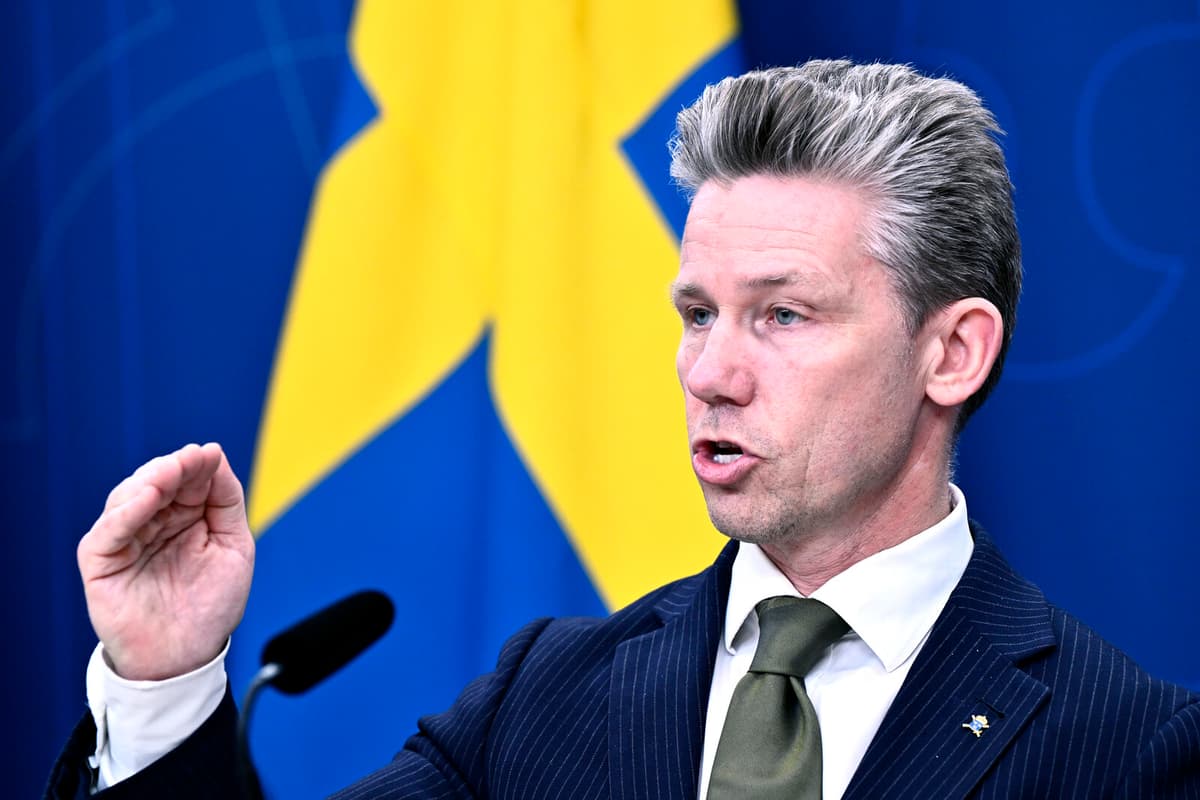The package is presented at a press conference with the government and the Sweden Democrats.
The largest part, approximately 9 billion, will be used by Sweden to purchase weapons and equipment, which will then be delivered to Ukraine. The purchases will be made mainly from the Swedish but also from the European defense industry.
Most of the deliveries are expected to take place relatively quickly, within 24 months.
We estimate that about 70 percent can be delivered in 2025 and the rest in 2026, says Jonson.
Air Defense and Drones
The exact details of what will be purchased will be announced once the contracts are signed. However, it may include artillery ammunition, air defense, drones, naval equipment, infantry equipment, and satellite communication.
The second-largest item in the package is 5 billion, which will go to funds and payments to Ukraine's own war industry.
500 million kronor is a donation from the Defense Forces' inventory, including machine guns, ammunition, and ambulance vehicles. The same amount will go towards maintenance for equipment that Sweden has already donated, such as the Stridsfordon 90.
Now we are at a critical stage of the war, now all our focus is on supporting Ukraine as much as possible so that they can gain a strong position in these negotiations, says Pål Jonson.
Pressure on Allies
Total military support to Ukraine from Sweden this year now amounts to almost 30 billion kronor. Since the war started, it totals almost 80 billion.
The Defense Minister says that "more must do more".
This is not just a responsibility on Sweden's shoulders but also on those of other allies, and not least the European allies, he says.
Jonson emphasizes that Sweden, before today's support package, ranked sixth in the world in terms of Ukraine support.
Are you disappointed with other EU countries?
I think there is reason for other EU countries to do significantly more than they do today.
The Center Party believes that the government's increase in Ukraine support is too small and too slow.
"The support package should have been at least twice as large, so that Swedish support reaches 1 percent of GDP this year, 75 billion", says Martin Ådahl, economic policy spokesperson for the C, in a comment.






